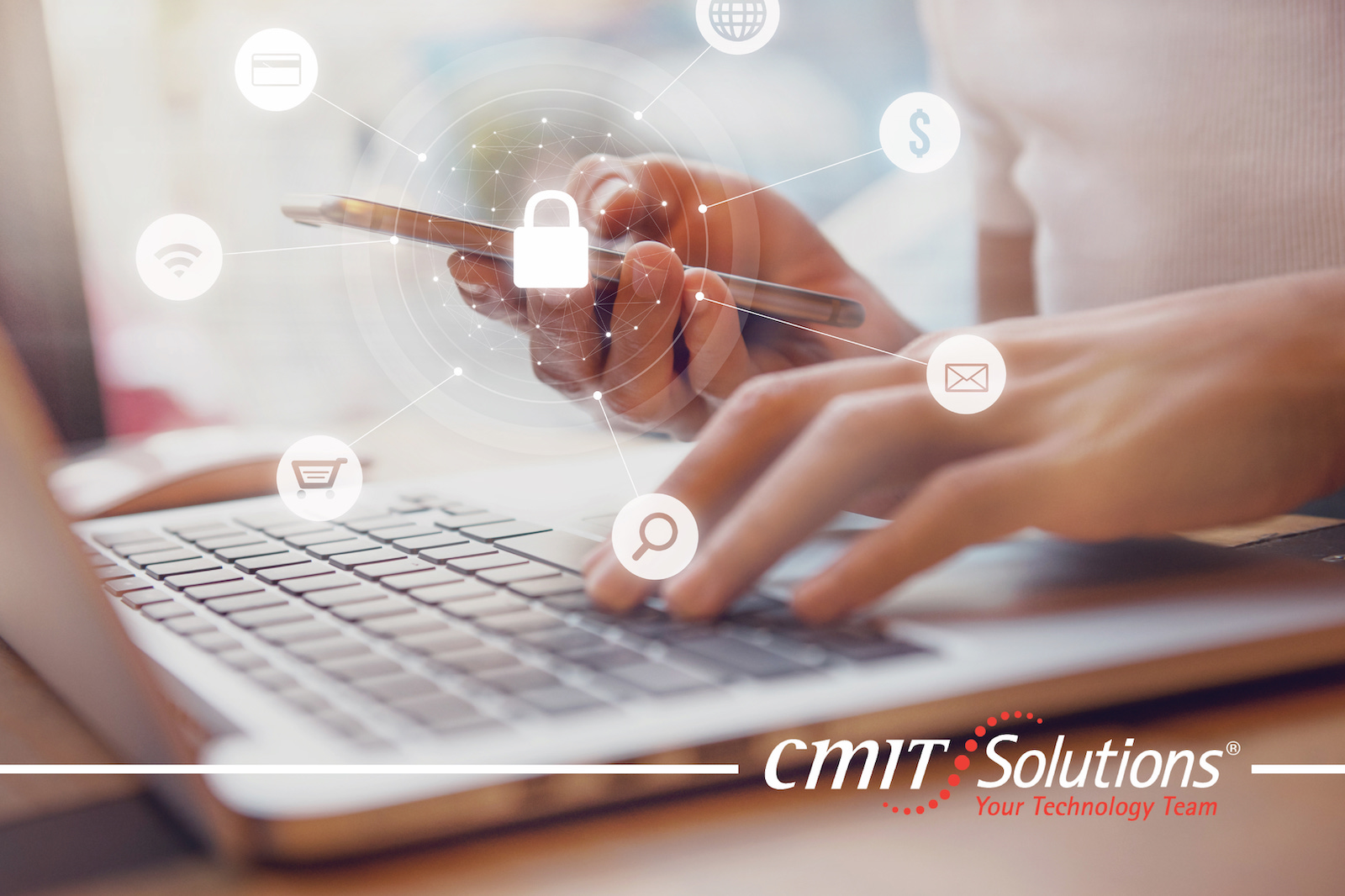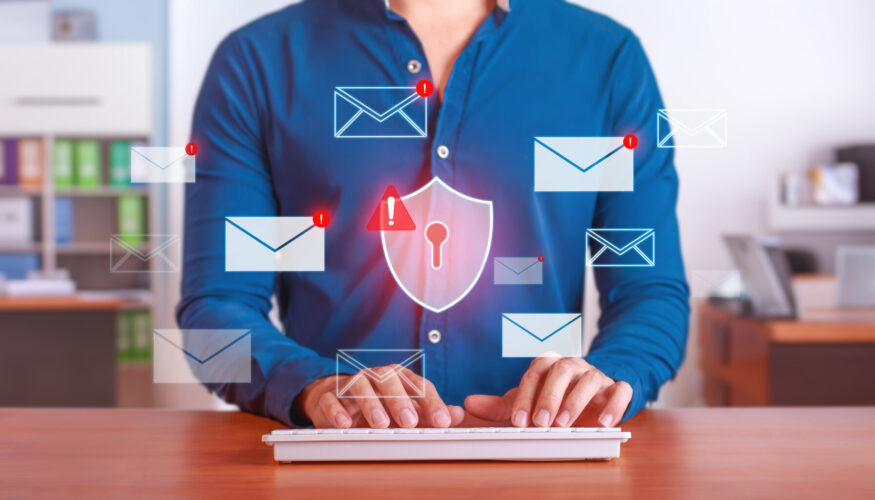I am receiving a lot of questions about whether the Russian invasion of Ukraine will impact the internet or the cyber security of our business and personal systems.
The short answer is we don’t know, but we are assuming so and prepping for the worst. This means managing your risk, reviewing your critical infrastructure, and taking security measures to secure your sensitive information.
For a long time, various government agencies – including in the U.S. – have included state-sponsored cyberattacks in their arsenal of weapons from which to wage war through data breaches, malicious software, denial of service attacks, and other cyber threats.
In 2007 Russia conducted a cyberattack on the small Baltic country of Estonia, crippling their internet and using denial of service attacks to prevent their banking systems from conducting business. In 2010 Israel launched the Stuxnet virus to gain unauthorized access that targetted the Iranian nuclear program. The U.S., as well, has carried out numerous cyberattacks in the Middle East.
Less than a year ago, the U.S. experienced a cyberattack on the security operations of the Colonial pipeline that crippled our ability to move gas around our country. In January of this year, Chinese hackers were able to breach German pharma companies.
Unfortunately, the list goes on.
We know that before the Russian invasion of Ukraine, they launched a comprehensive Distributed Denial of Service (DDoS) attack against Ukrainian infrastructure, military, government, and banking institutions, effectively shutting them down.
In response to the invasion, a collective of hackers called Anonymous declared war against Russia and began a series of cyberattacks against the invaders.
What Does This Mean To Us?
Do I believe that Russia will escalate and lash out with cyberattacks against the West? I don’t think they will want to escalate tensions further. However, with the Anonymous group declaring cyberwar, Russia may be forced to retaliate to countries outside Ukraine to stop these attacks.
Russia may launch DDoS attacks targeting specific portions of the United States’ infrastructure or key internet-based platforms such as Amazon Web Services and Microsoft’s Azure platforms. Additionally, these same types of attacks could be launched against critical hubs controlling traffic on the internet.
A disruption to the key hubs within the Internet would impact our communication and business ability. In addition, targeted attacks against key computer systems, software products, and businesses could have a far-reaching impact, further disrupting our supply chain and hurting our economy.
We may see a new wave of viruses and malware attacks that could directly impact your business and home technologies.
What can you do?
The CMIT network of locally owned I.T. Managed Service Providers and the cyber security products we use provide a hydra of defenses for your business and network security. With more than 250 locations like Kenosha’s own CMIT Solutions of S.E. Wisconsin, and our comprehensive suite of cyber security products enable us to provide the best-in-class tools to protect your business with layers of defenses.
Small and Midsized Business Checklist and Questions
In the meantime, please make sure your home and businesses are covered for potential cyber-attacks with at least these minimum tools and security programs:
- Apply system updates and patches.
- Have Anti-virus and Anti-malware protection for your systems.
- Have data backup and recovery for your business and personal information.
- Use password lockers to enable the storage of unique and complex passwords.
- Use multifactor authentication that texts or e-mails secondary codes to confirm your identity.
If you can afford it, invest in other tools such as:
- Advanced Anti-virus and Anti-malware protection.
- Advanced e-mail protection to quarantine malicious e-mail and block spam.
- DNS protection to prevent access to sites and content known to be harmful.
- Advanced firewall and network protection.
Contact Us if you would like a copy of our PDF on 15 ways to prevent cyberattack.
When my clients ask me what to do, I ask a lot of questions so that I can help put together a defense strategy that works for the business and the budget. Some of these questions include:
- What is your real dependency on technology?
- If you/your company had no technology – what would happen?
- What is critical to your recovery?
- If you lost your technology, how would you run your business?
- Where is your restarting point?
- How much data can you afford to lose?
- How long can your business be down before it’s no longer viable?
- If you had to begin again, how far back could you go?
- Where are your technology dependencies?
Call us today at 262-207-4211 or submit an inquiry through our contact us form if you would like an assessment of your cyber security levels.
Please follow us on LinkedIn, Facebook, and, of course, Kenosha.com.












